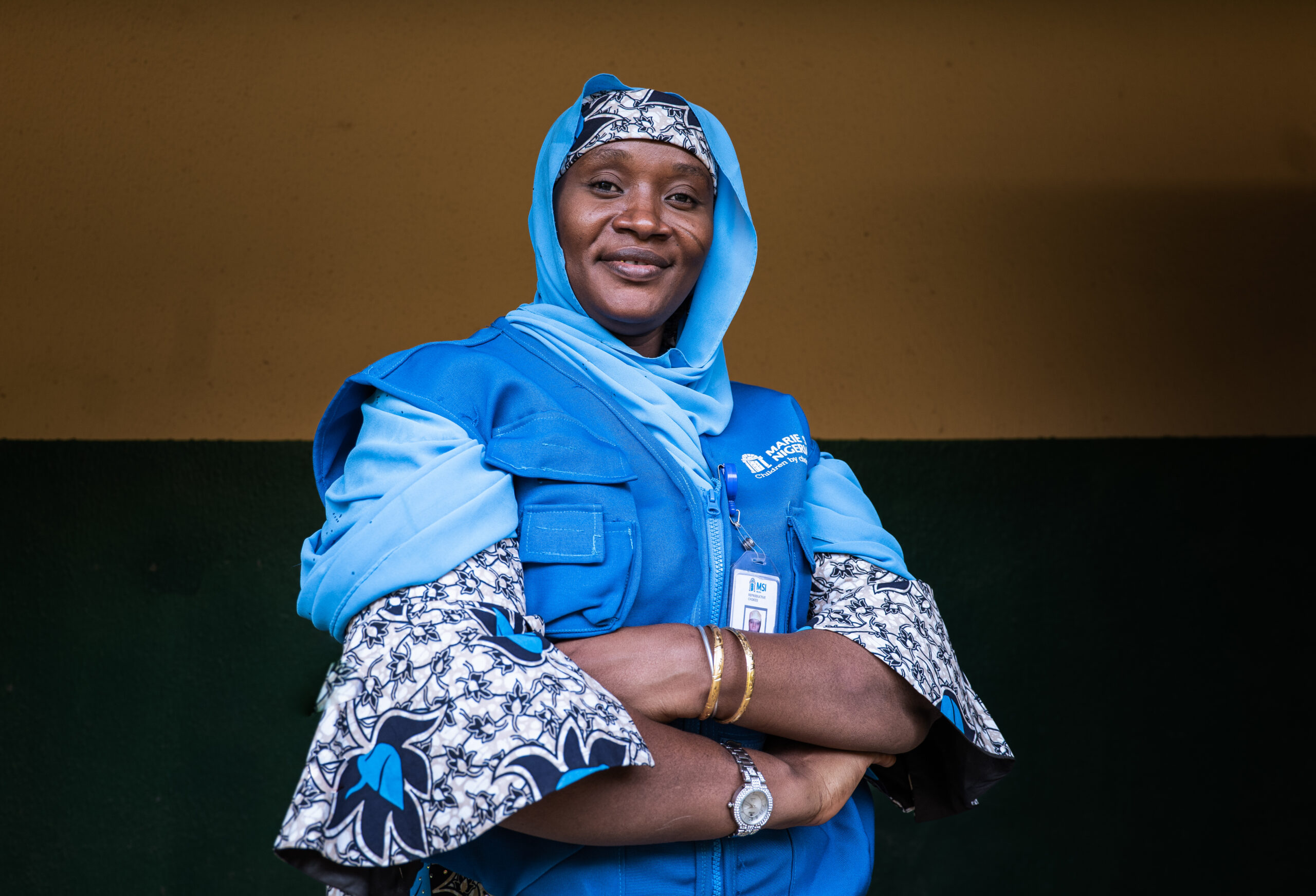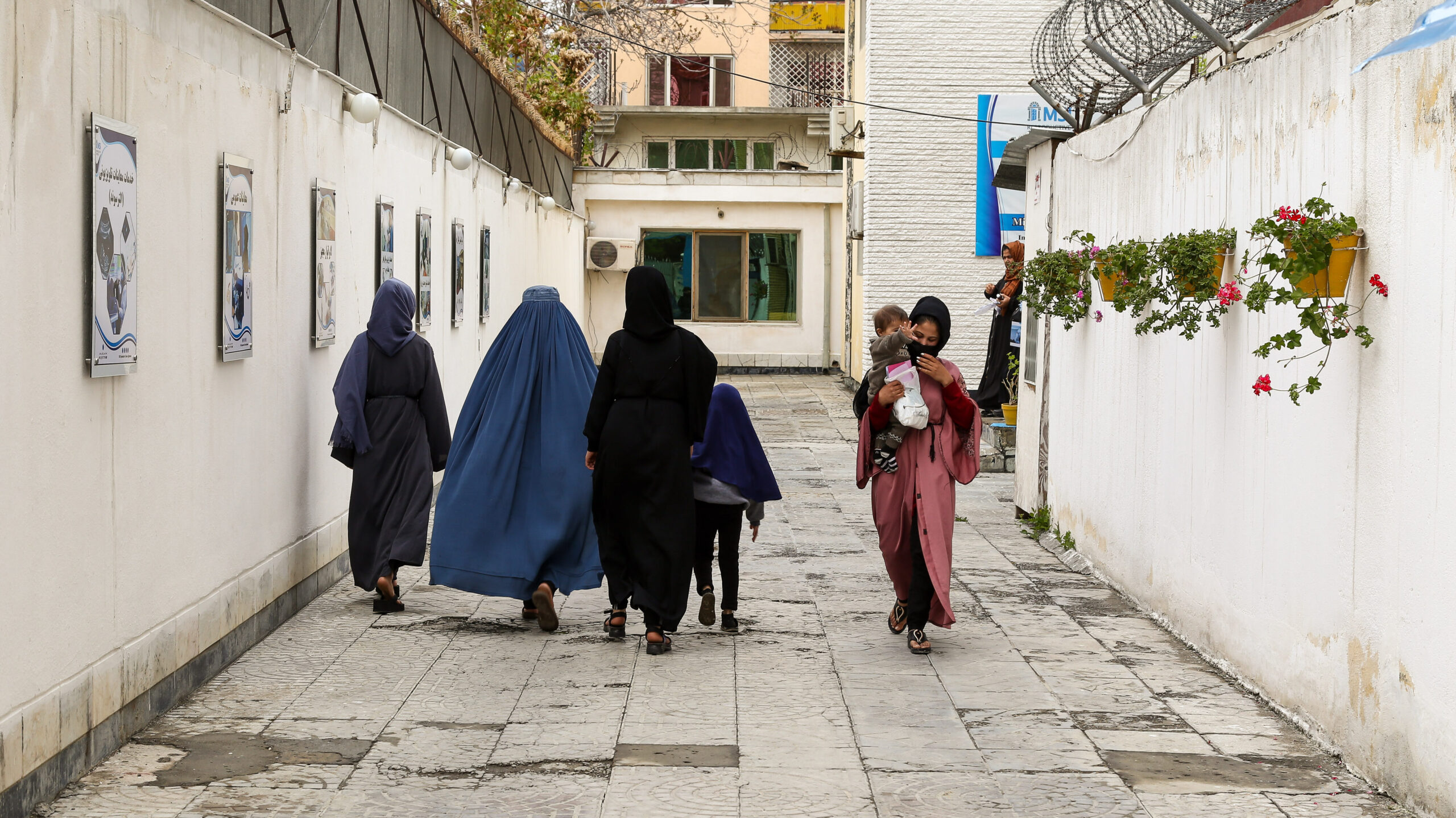MSI is made up of almost 9,000 dedicated professionals fighting for and delivering reproductive choice around the world. As part of our 2023 Annual Review, we featured stories from our healthcare providers, clients, and partners on why and how they choose choice.
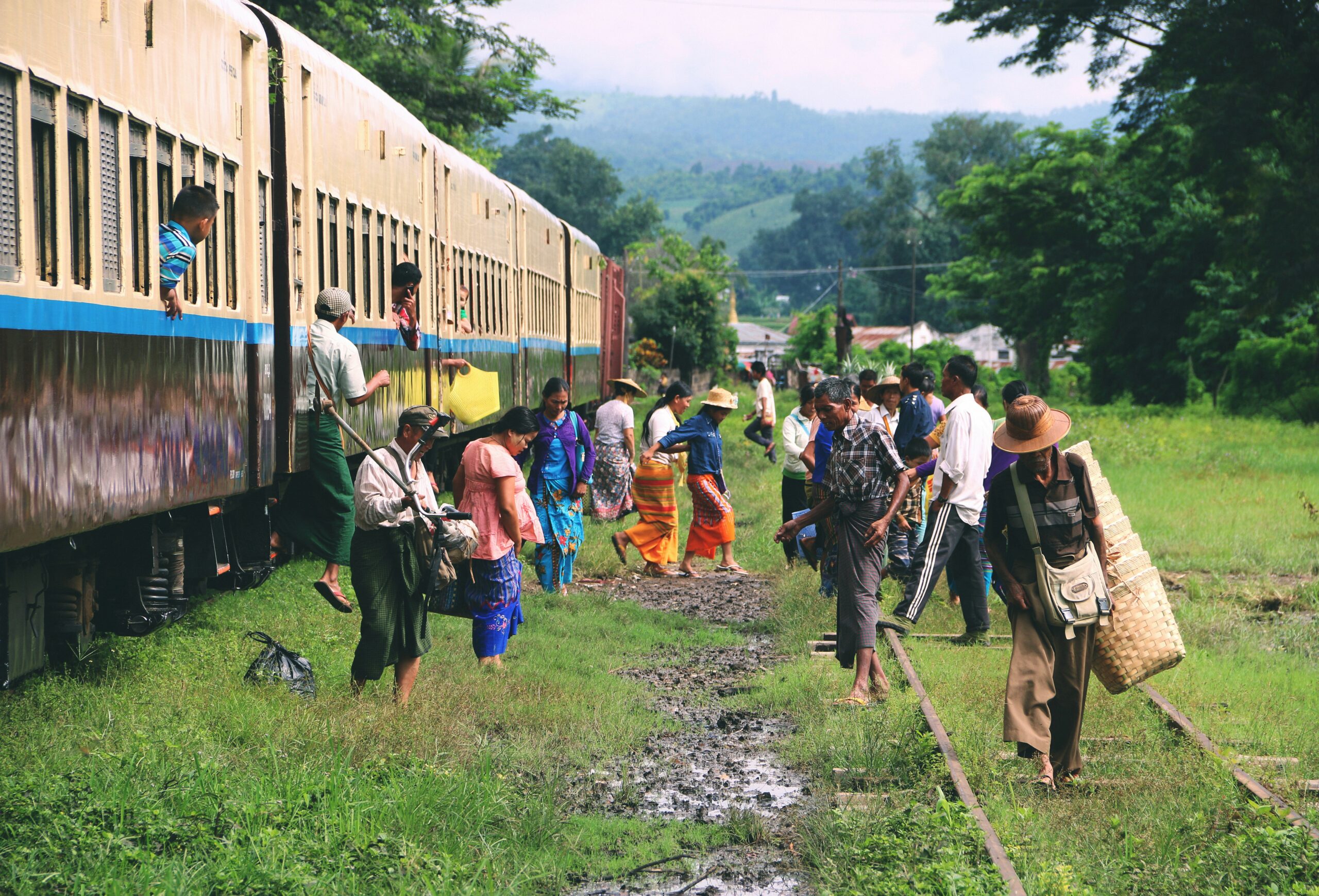
Mi Mi (name changed) leads programme support for MSI Myanmar. She manages our frontline staff’s safety and ability to deliver care, which is difficult right now. Myanmar is one of nine MSI countries experiencing a humanitarian crisis. She tells us more:
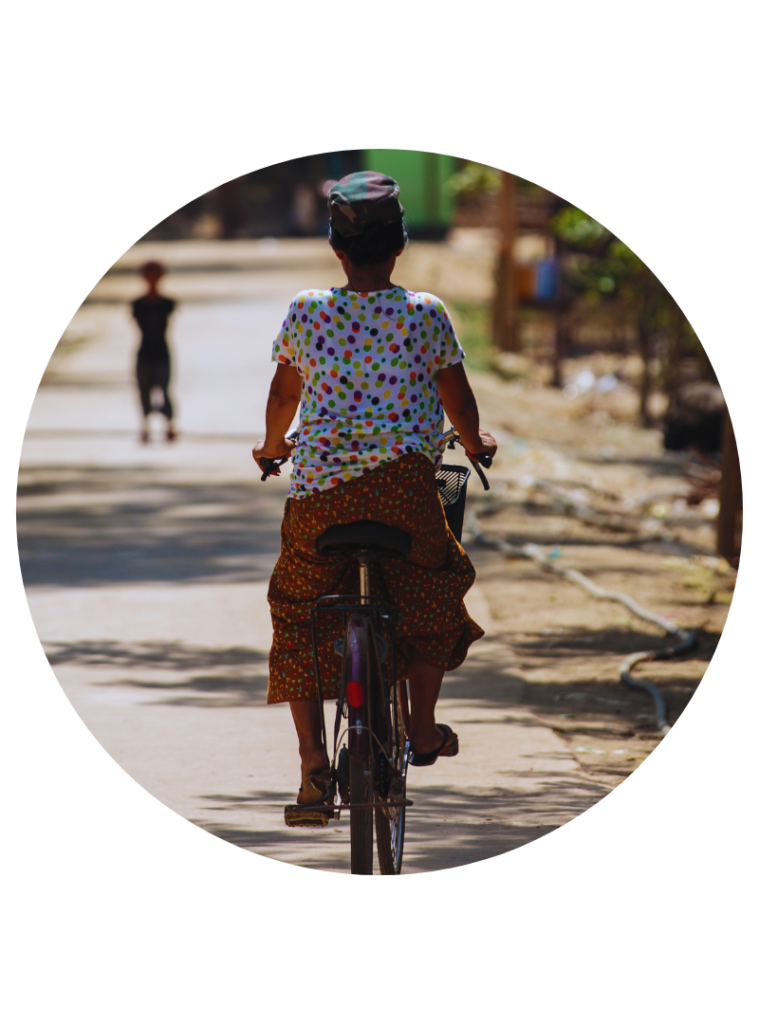
“The situation here in Myanmar is precarious to say the least. Following a military coup in 2021, we’ve experienced conflict between armed groups, violence, increased poverty, collapsing systems—all kinds of turmoil. We have lost the future that we’d imagined.
Public health facilities aren’t functioning well. They suffer from a shortage of supplies and staff, and some hospitals have been forced to close for months. The value of MSI and our work has come into sharp focus: we are still operating, and we’re filling the gaps wherever we can.
Movement within and out of the country isn’t easy. Some roads, airports, and even phone lines are closed. That makes our role as healthcare providers harder. But we all agree—we can’t pause our services. MSI Myanmar has outreach teams that travel to rural communities, delivering reproductive healthcare to people with no other access. I’m sure you can imagine that the logistics of travel, while ensuring staff safety, can be a headache. But I’m proud of our teams who are trying to overcome these challenges to reach communities with health services.
We’ve adapted how we work and continue to pivot regularly. We have made closer ties with midwives and nurses in communities to build their capacity to deliver care, and have strengthened our civil society partnerships. We’ve also changed approaches for our outreach community visits, and when it is unsafe for us to enter a community (in case our staff aren’t from the locality and may face armed groups), we buckle down in an office and get the word out that the local women can visit us to receive services.
The price has been especially high for women. Our healthcare and education have been interrupted, there’s increased trafficking and sexual violence. A lot of women here used to work in factories—those are now closed, leaving many jobless. By the end of 2023, the UN reported almost 2.6 million people had fled their homes. Without jobs and homes, it’s not easy for women to access healthcare like contraception… meaning there will be more unwanted pregnancies, unsafe abortions, and maternal deaths if organisations like MSI don’t step in to make reproductive healthcare available.
I have a 16-year-old daughter. I think about her future, and the future of all the girls and women who should have control over whether or not they become pregnant… especially in the face of escalating violence and an uncertain future. So this makes me proud of the work we do.
Compounding political insecurities, we experienced a severe cyclone in 2023. They say the winds were roaring at 280 km per hour! Our teams continue working throughout these emergencies because pregnant women, women giving birth, and women wanting to avoid pregnancy still need our help. Giving women healthcare choices helps them reclaim their lives and builds community resilience in the face of the climate crisis.
And all this is on top of our business-as-usual, providing women’s holistic healthcare across the health system in seven regions!
I’ll end on a positive note. I’m happy to report that—even with the extreme challenges we’re facing—our teams reached 117,000 women and girls with reproductive choice in 2023 (which is more than we achieved in 2019, before the military coup, which is outstanding if I do say so myself). And we must continue. Women need reproductive choice, and we have an unwavering commitment to give it to them.”

Mana Zita chooses choice
Mana Zita leads MSI Timor Leste’s work in gender equality and social inclusion.
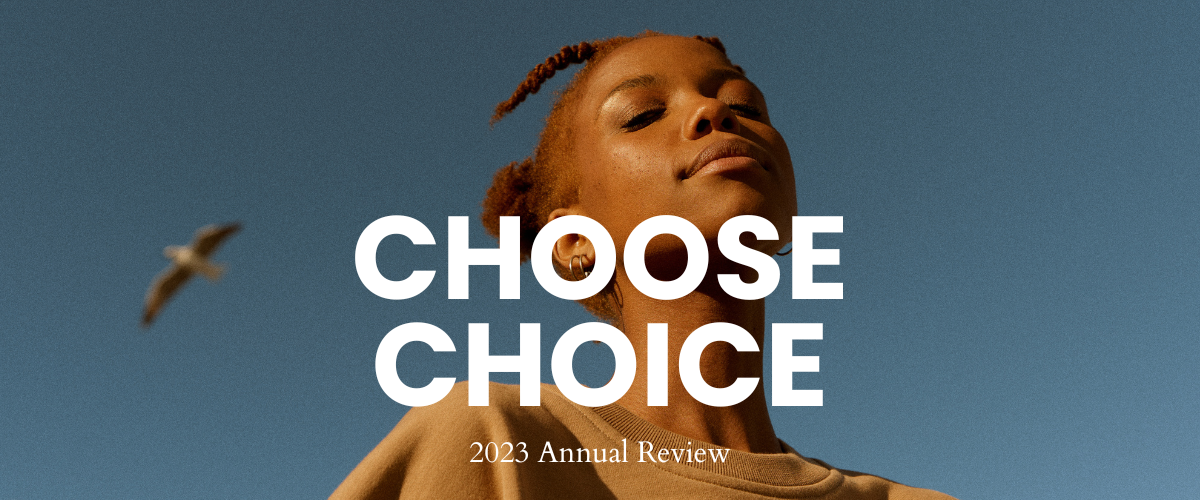
MSI’s 2023 Annual Review
Inspiring stories, hard-hitting numbers, and the power of reproductive choice: read it all in our latest annual review.

Inonge chooses choice
Inonge oversees outreach in Zambia, where teams travel far distances into communities to provide choice.






